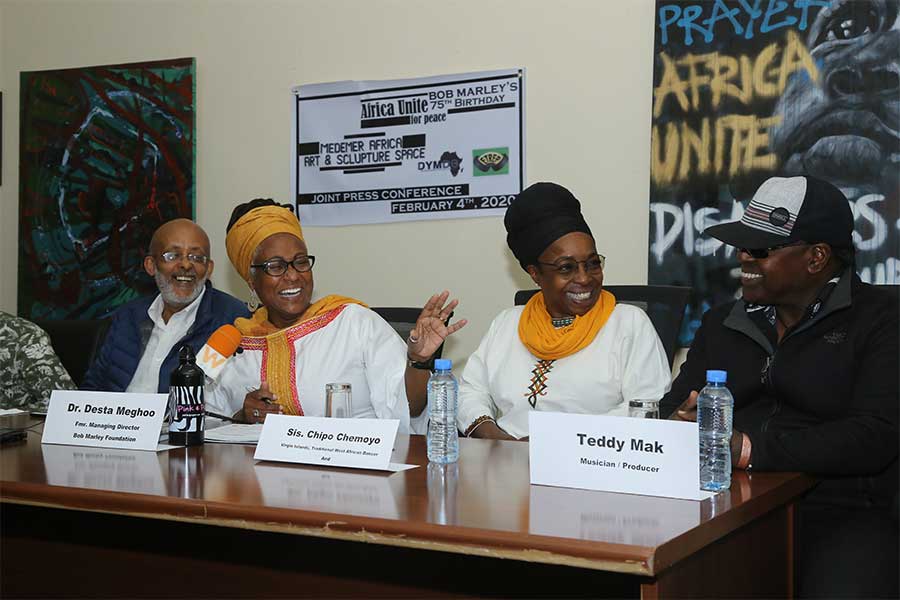
In-Picture | Feb 08,2020
For many of his fans, Ali Birra might have been a legendary musician with an expansive catalogue.
He was gracious to his closest friends and mentees - a friend to all who loved animals. The public may not be as familiar with his animal rights initiatives as much as his music was admired across generations and despite language divides.
As a young man, Ali was walking home from work and saw a man beating a fully loaded donkey. He offered money to present the man who had refused. Words escalated into a fight that landed Ali in jail for a night. He never regretted it.
For Meseret Daba, a close friend who worked as a journalist, Ali was one of a kind, a selfless person who fought standing up for those unable to defend themselves.
"He was like a father to me," she said. "I admired his courage to stand up for what he believed in as much as his songs."
Ali was endowed with words regardless of the language. He spoke seven of them and played songs in Affan Oromo, Somali, Harari, Amharic, and Swedish. Beginning his career over half a century ago, he played nearly 267 songs, composed music and wrote songs to boot. Many of his fans may not understand the language, but they find his voice enchanting as the beat he plays charmed them. He illustrated that music is indeed a universal language.
"I grew up with his music," said Tesfaye Yimer, a resident of Addis Abeba who does not speak Affan Oromo.
Ali's songs raise issues of love and life. But his lyrics with political content put him in the divide among a polarised society. Yet, his listeners do not seem to mind but dance to his tunes with messages from love to separation and friendship to bravery. During his youth, he played in nightclubs and performed with multiple bands at prominent spots, such as Addis Abeba Hilton.
Born in 1948, it did not take Ali Mohammed long to find his calling. His parents separated early on, and he grew up with his father.
As a child, he studied the Qur'an and attended a regular school at Jedida School in his native town of Dire Dawa. In Addis Abeba, he pursued his education at Leul-Mekonnen and Cathedral schools. His learning journey also took him to the United States to study music at the College of Santa Monica, California.
Travels and a long-lasting career made Ali a walking library with much wisdom, according to Muktar Adero, a friend for over four decades. He met Ali in his 20s while playing the keyboard, performing in the same band. Ali's way of relating to those close to him is a memory Muktar cherishes.
Says Muktar: "Ali wouldn't wait to be asked to lend a hand. He would do it."
Survived by his wife, Birgitta Åström, Ali had no kids but was a "father to many" in his birth town and beyond. He established Birra Children's Education Fund with his wife to support schooling for those in need.
Ali passed away at 75 while receiving medical treatment at Adama General Hospital to the grief of admirers, community, regional, and national leaders.
"He has serenaded unity, perseverance and culture through his sounds," wrote Prime Minister Abiy Ahmed (PhD) on his official Twitter page. "Ethiopia is grateful."
For Lemma Megersa (PhD), former president of the Oromia Regional State, Ali was an advocate and a teacher of justice and brotherhood.
Ali's life in the public eye has made him an icon, a figure of influence within the Oromo community and beyond.
"His lyrics and melodies decorated with the mesmerising voice served Oromia for over half a century as a wind of freedom and love," Lemma said in a tribute published in the Addis Standard. "He painted Oromia and patriotism into the imaginations of his people."
He lived in exile for decades, first in Djbouti before he moved to Sweden and Canada. In Toronto, he ran a restaurant bearing his moniker, Birra Restaurant. His album, released while in Canada in the early 1990s, titled Bilisummaaa (freedom), was an instant hit. His fans on the opposite side of the political aisle never bothered by the lyrics but danced to the tune in any way. His two-decade exile ended in the mid-2000s, pinnacling with a historical reunion with Mahmoud Ahmed for a spectacular performance at the Sheraton Addis of Amalele, a song from in Amharic and Afan Oromo the two played in the 1970s.
"He was witty, humble and respectful of young alike old," said Mahmoud during a send-away held in Addis Abeba.
Ali wrote Mahmoud's nostalgic song titled "Tiz Tiz Eyalegn," while the two played with the Royal Guard (Kibur Zebegna) Band. The band had enlisted legends such as Tilahun Gessese and Bizunesh Beqele.
Ali, who died of medical complications on November 8, 2022, was laid to rest in his birthplace, Dire Dewa, with a public sendoff. His lyrical creativity, entwined with his mellow, soulful voice, is considered exceptional. The mortal Ali leaves an immortal legacy.
PUBLISHED ON
Nov 19,2022 [ VOL
23 , NO
1177]

In-Picture | Feb 08,2020
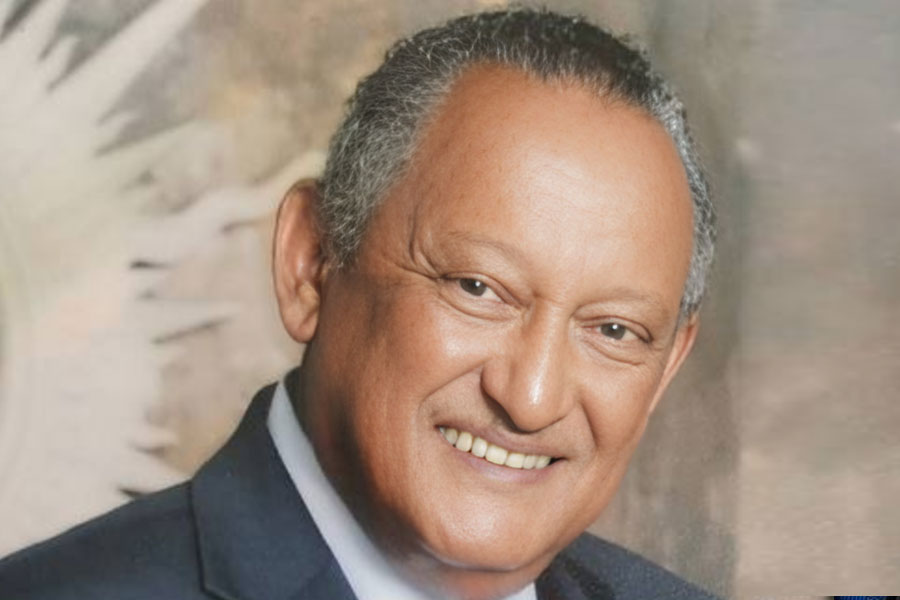
Obituary | Jan 28,2023

Obituary | Mar 16,2024
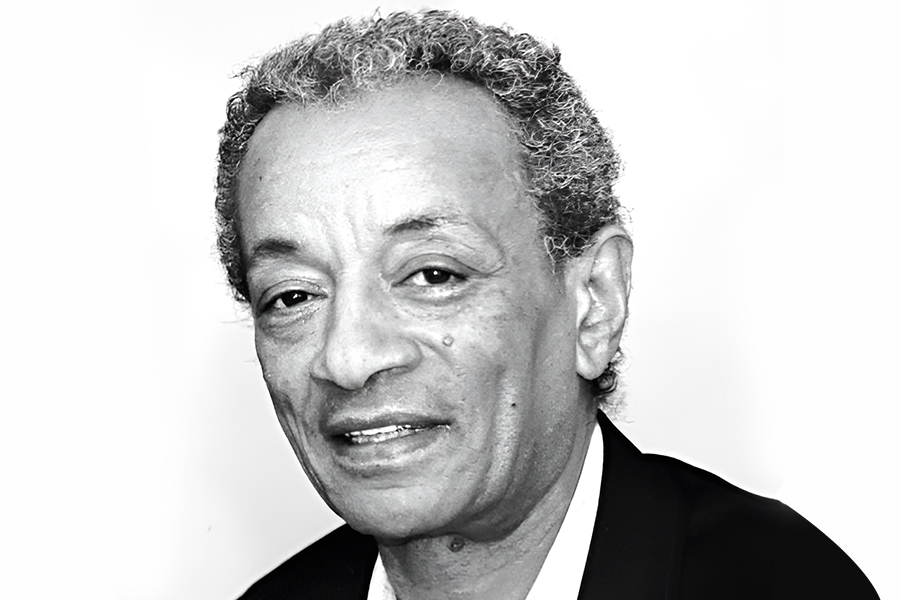
Obituary | Sep 14,2024
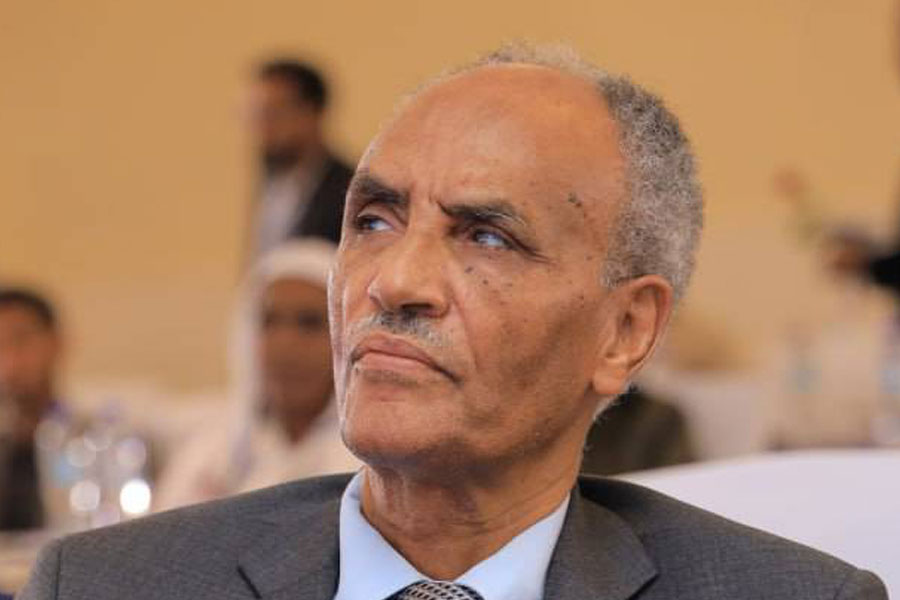
Obituary | Sep 29,2024

Obituary | Mar 30,2024
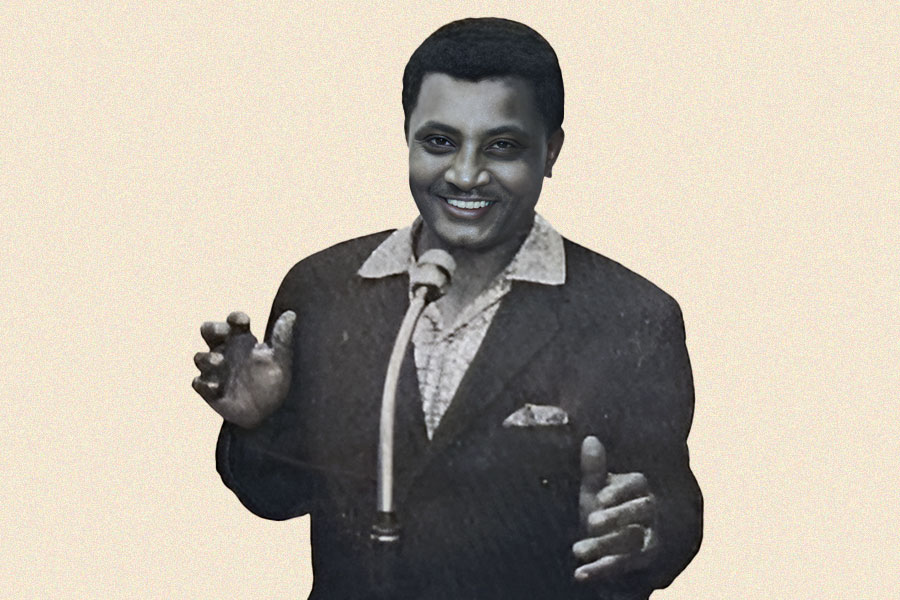
View From Arada | Jun 03,2023
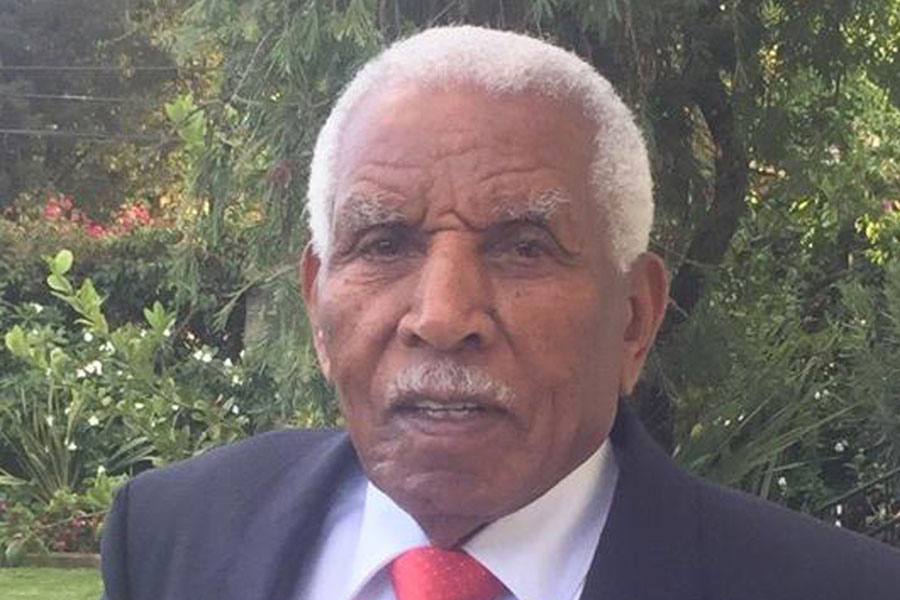
Obituary | Jun 17,2023
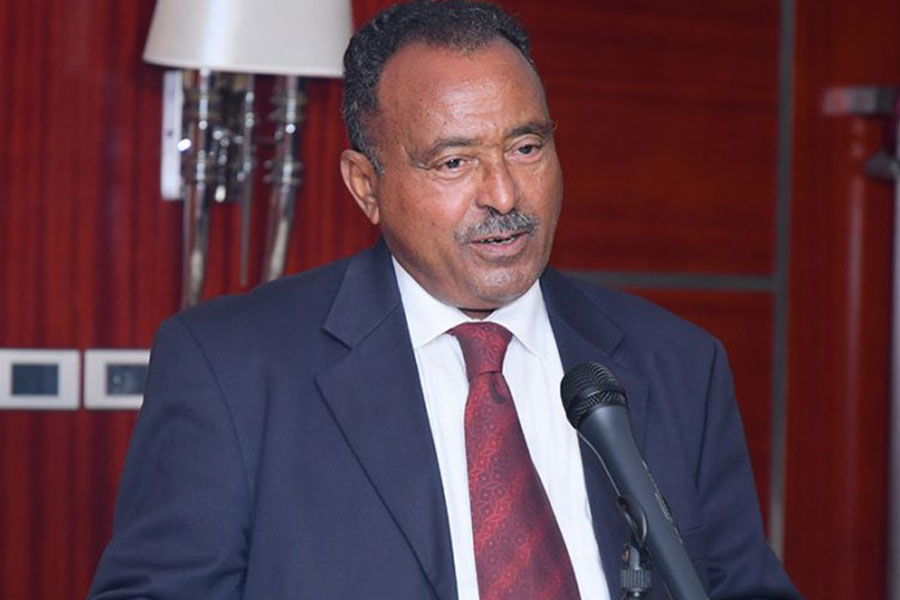
Obituary | Jun 15,2025
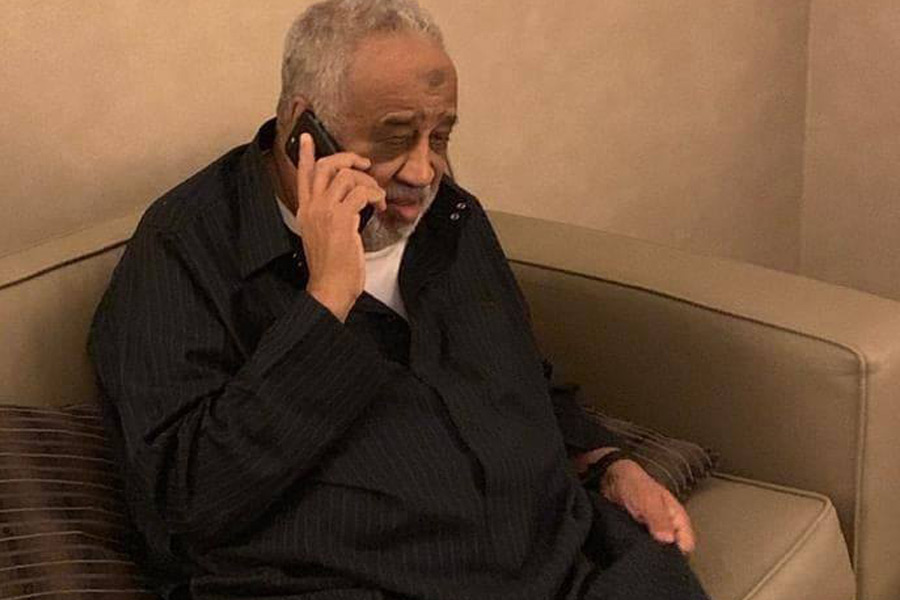
Fortune News | Jan 28,2019

Dec 22 , 2024 . By TIZITA SHEWAFERAW
Charged with transforming colossal state-owned enterprises into modern and competitiv...

Aug 18 , 2024 . By AKSAH ITALO
Although predictable Yonas Zerihun's job in the ride-hailing service is not immune to...

Jul 28 , 2024 . By TIZITA SHEWAFERAW
Unhabitual, perhaps too many, Samuel Gebreyohannes, 38, used to occasionally enjoy a couple of beers at breakfast. However, he recently swit...

Jul 13 , 2024 . By AKSAH ITALO
Investors who rely on tractors, trucks, and field vehicles for commuting, transporting commodities, and f...

Oct 25 , 2025
The regulatory machinery is on overdrive. In only two years, no fewer than 35 new pro...

Oct 18 , 2025
The political establishment, notably the ruling party and its top brass, has become p...

Oct 11 , 2025
Ladislas Farago, a roving Associated Press (AP) correspondent, arrived in Ethiopia in...

Oct 4 , 2025
Eyob Tekalegn (PhD) had been in the Governor's chair for only weeks when, on Septembe...